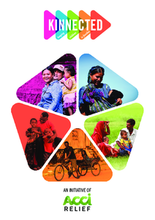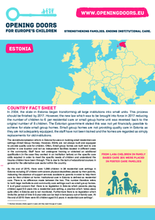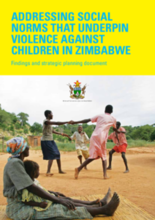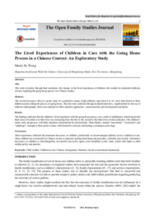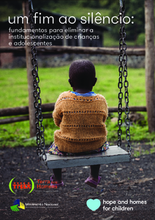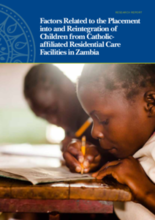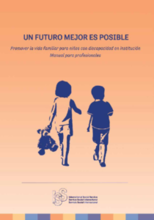Displaying 1021 - 1030 of 1482
Kinnected is a program run in 10 countries by the organization ACCI Relief aimed at preserving and strengthening families and assisting children currently in residential care to achieve their right to be raised in a family. This report describes Kinnected’s programs and initiatives underway in Cambodia, Sri Lanka, and Lesotho and includes some individual case studies.
In this chapter from Residential Child and Youth Care in a Developing World: Global Perspectives, First Edition Faizah Haji Mas’ud discusses the state of residential care in Malaysia. Mas’ud covers Malaysia and welfare policy, types of children’s services, as well as challenges and issues Malaysia faces in providing residential care to children.
In this chapter of Residential child and youth care in a developing world: Global perspectives, First Edition, the reader is introduced to residential care in Ghana.
This Estonia Country Fact Sheet highlights the transformations made in deinstitutionalization in Estonia since 2004. By the end of 2015, there were 1,068 children in 38 residential care settings in Estonia.
This report highlights key findings from a social norms study conducted in Zimbabwe to understand the drivers of violence affecting children.
This study revealed, through their narrations, the changes in the lived experiences of children who resided in residential childcare services regarding the going home process in a Chinese context.
Décadas de pesquisas comprovam que o crescimento em instituições de acolhida gera consequências psicológicas, emocionais e físicas, incluindo transtornos de apego, atrasos cognitivos e no desenvolvimento, e uma falta de habilidades sociais e de competências para a vida, trazendo diversas desvantagens na idade adulta.
This is a study from Catholic Relief Services that investigates the factors related to children’s placement in Catholic-affiliated residential care facilities in Zambia. According to this study, the government estimates that there are approximately 190 residential-care facilities located in Zambia, and of those 40 are Catholic-affiliated. At the time of this study, there were 1674 residents living in residential care.
Este manual proporciona orientación a los profesionales que trabajan con niños con discapacidades en el cuidado residencial.
In this short video, Amanda Thorsteinsson documents the proliferation of orphanages in Uganda and the role of well-intentioned Westerners in contributing to this problem.

